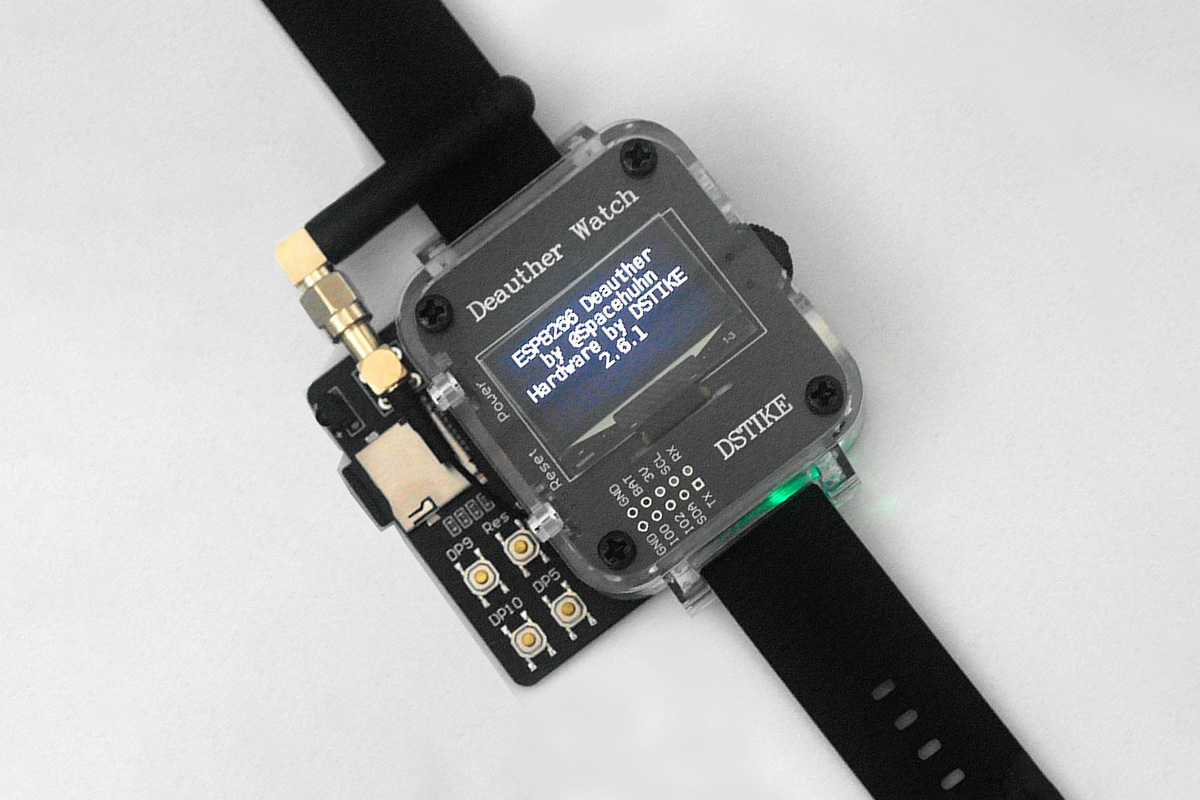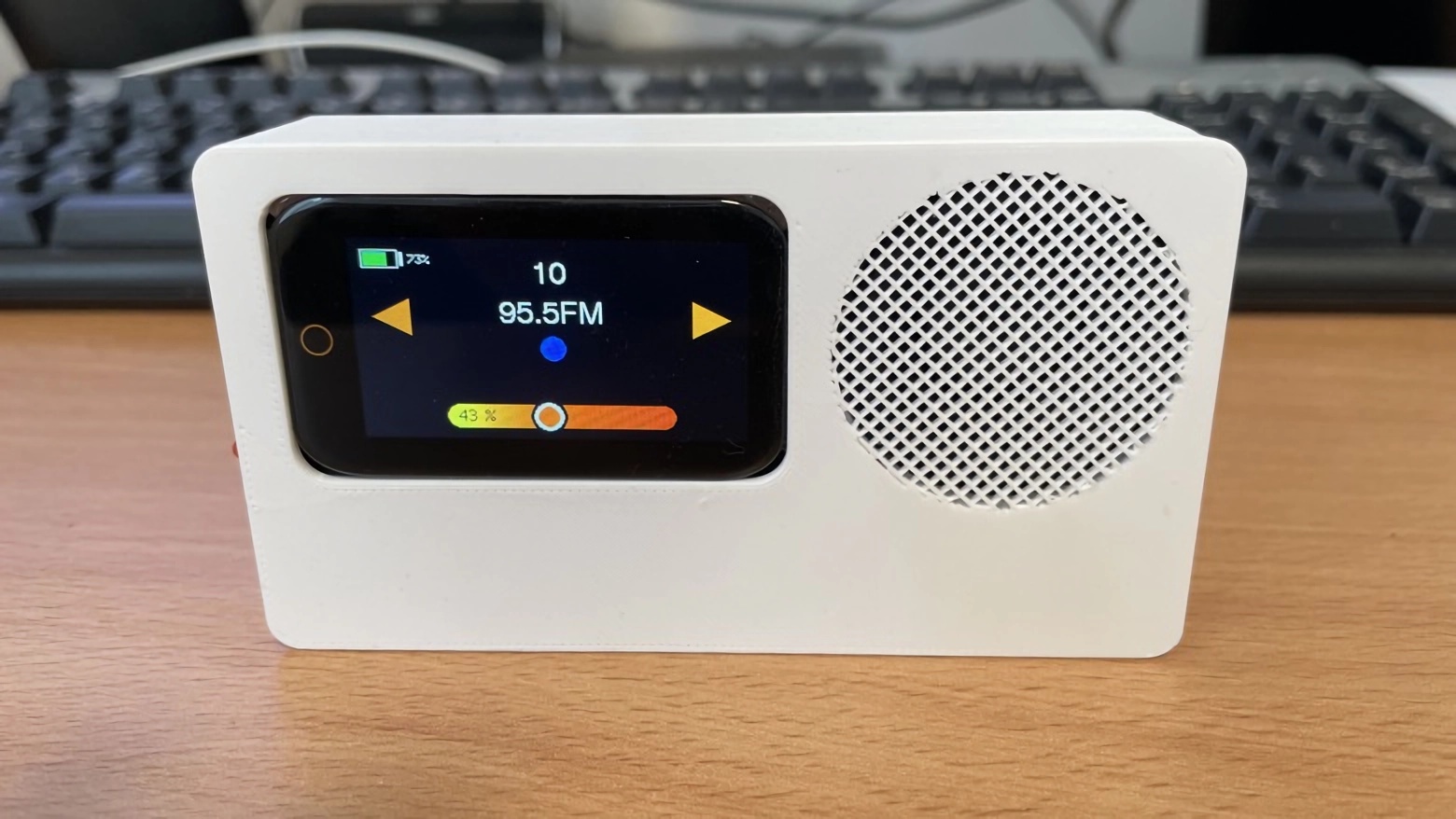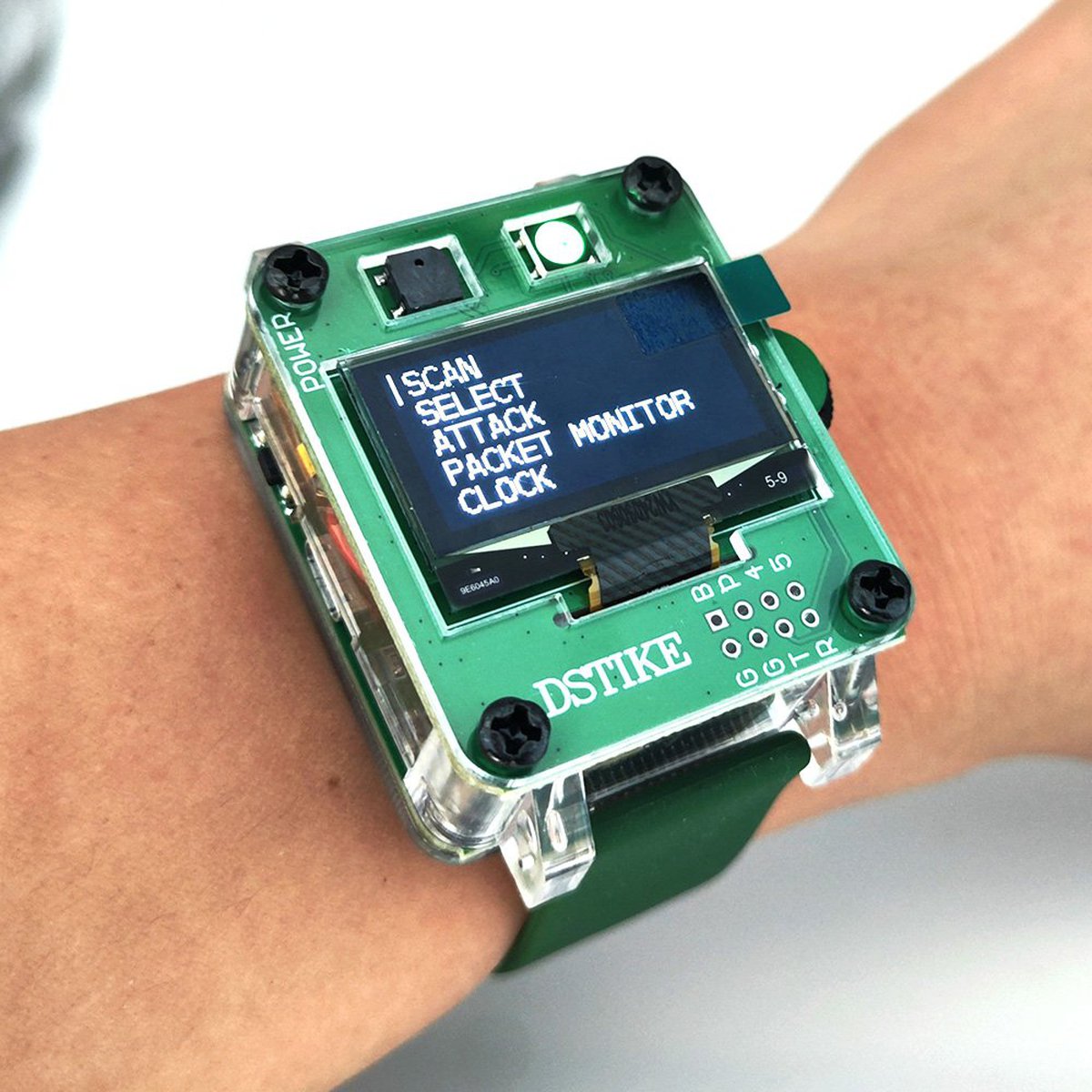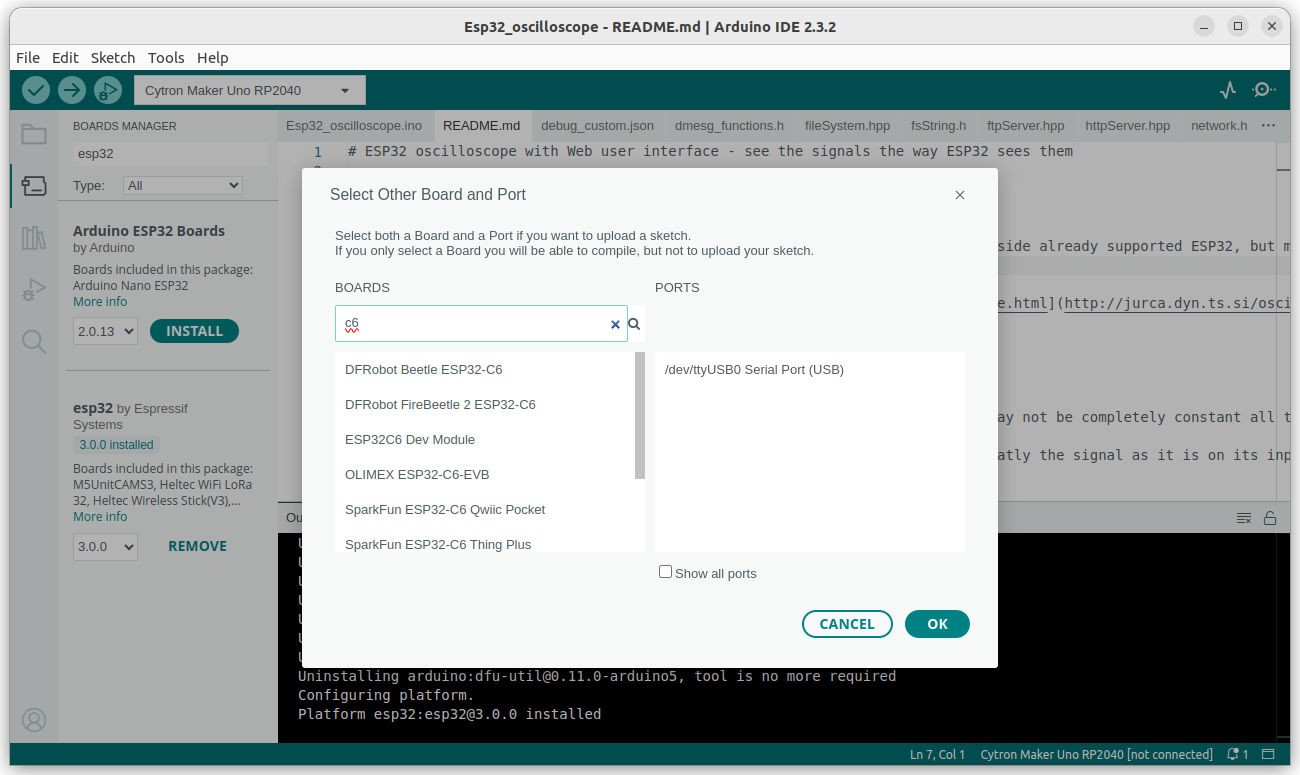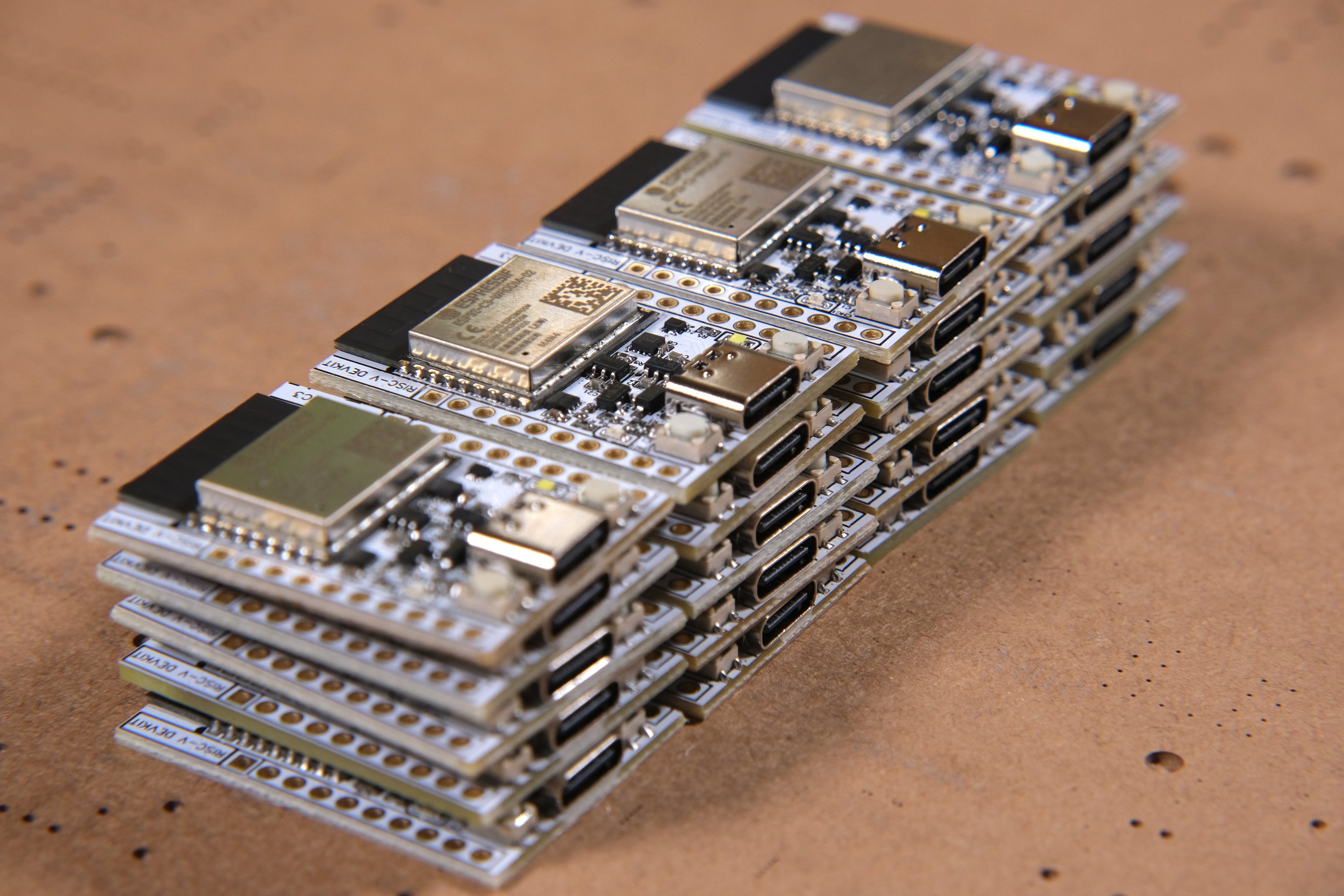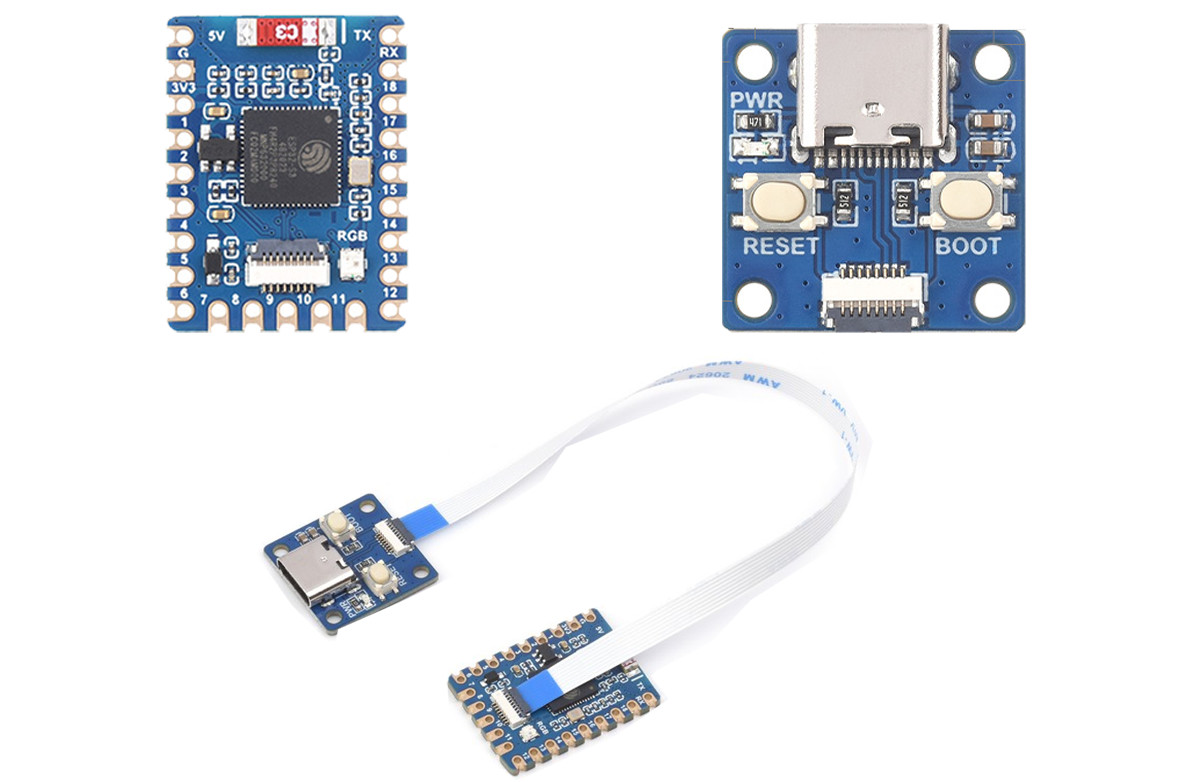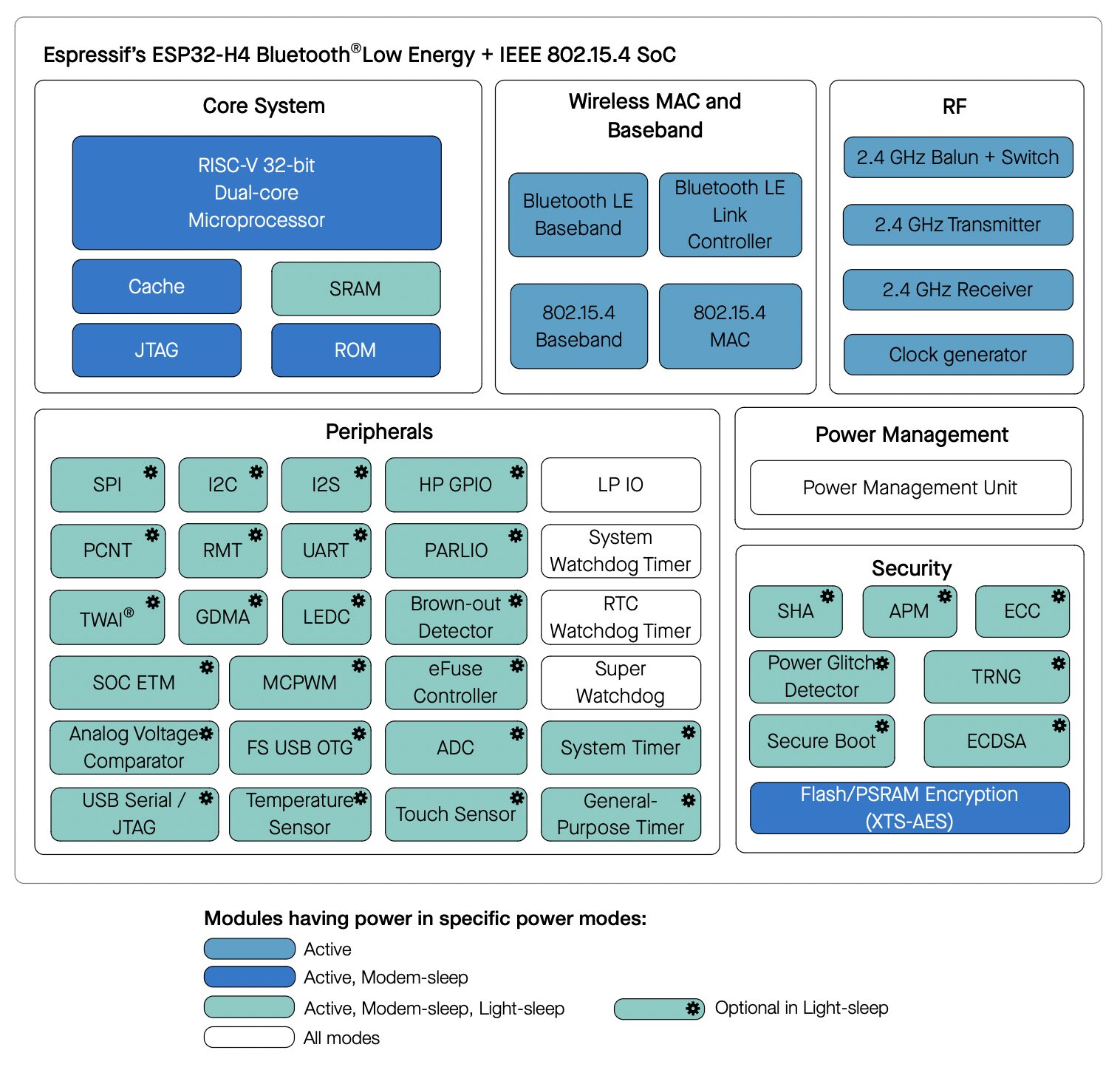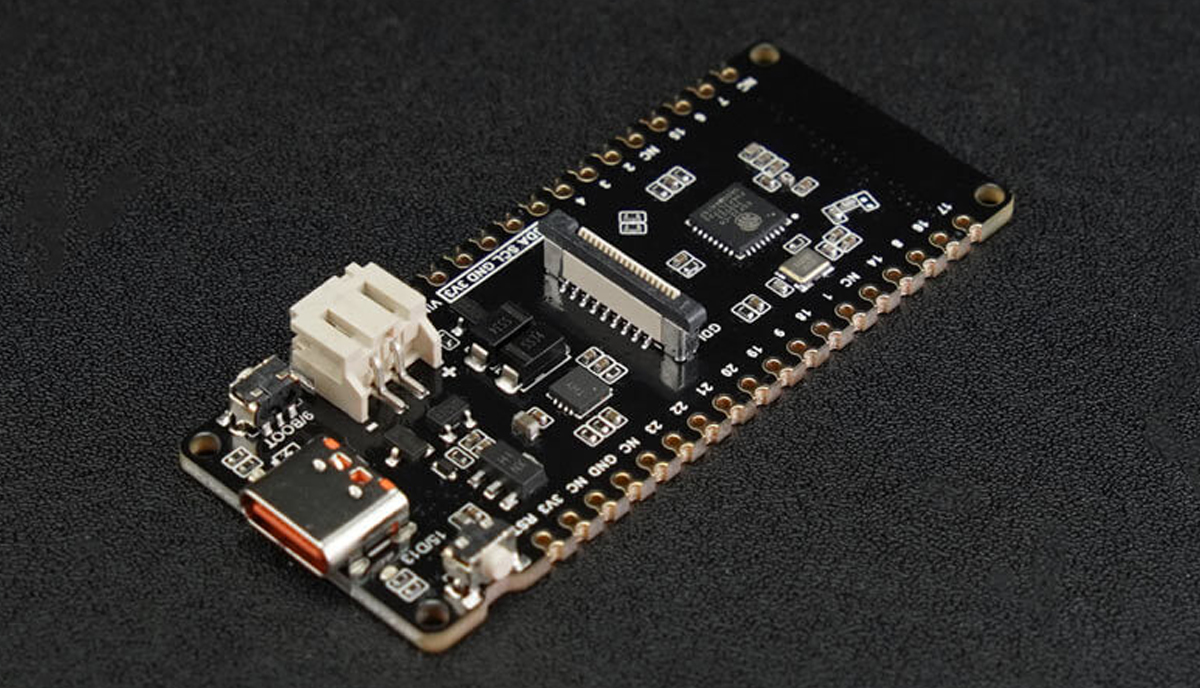We previously wrote about the Deauther Watch X used for wireless pentesting. The company has now released the Deauther Watch V4S IR an Wi-Fi hacker watch with a built-in infrared (IR) remote control for executing several scripts stored on a microSD card. It supports deauther attacks, Bad USB (HID) attacks, WiFi packet monitoring, and real-time clock adjustments. The new version features a 1,000mAh battery that can be charged via USB and it comes with includes a Type-C power cable, acrylic cover, and software manual. You can modify the Ducky Script inside the text files but must keep the filenames unchanged for proper operation. These features make this tool useful for cybersecurity professionals and enthusiasts for network security testing, penetration testing, and more. Deauther Watch V4S IR specifications: MCU – ESP8266 WiFi SoC @ up to 160 MHz with 160KB SRAM, 4MB SPI flash Storage – MicroSD card (preloaded with 21 […]
ESP32-S3-based kit allows you to build an Internet Radio with a touchscreen display
The ESP32 Internet Radio from Poland-based maker, The MicroMaker, is a simple hardware kit that combines the LilyGo T-Display S3 Development board with an I2S audio breakout module and other components to form a radio that can access and stream from online radio stations. With the ESP32 Internet Radio, you are not limited to the radio stations available in your immediate vicinity. It is powered by the LilyGo T-Display S3 which integrates the network-capable ESP32-S3 microcontroller (Wi-Fi + BLE 5), a 1.9” full-color capacitive touchscreen display, and two programmable buttons. The ESP32-S3’s integrated Wi-Fi capability allows the radio to connect to the Internet, and the touchscreen brings an intuitive and easy-to-use interface to the device. It supports up to 512 stored radio stations, and you can manage these stations from a web browser on your PC or mobile phone. The Internet Radio can be powered by an 18650 Lithium-ion battery […]
DSTIKE Deauther Watch X is a cheap wireless hacking tool that runs the ESP8266 Deauther firmware
The DSTIKE Deauther Watch X is a Wi-Fi hacking tool that can be used to test wireless networks, powered by the ESP8266 wireless microcontroller and running the open-source Deauther firmware from SpacehuhnTech. It only works on 2.4GHz networks, since 5GHz Wi-Fi is not supported by the ESP8266. It also features a real-time clock module for displaying the time, like an actual watch. If you are not familiar with the term, a Wi–Fi Deauther is a device that can perform deauth or de-authentication attacks on Wi-Fi networks. It can kick other devices off a Wi-Fi network they are connected to, for learning or other purposes. The Deauther Watch X is the latest product in the DSTIKE Deauther Watch series from Travis Lin and we previously took a look at DSTIKE ESP32 Watch Development Board. The Watch X development board comes in a wristwatch form factor, uses an ESP8266 module instead of […]
Espressif releases Arduino ESP32 Core 3.0.0, but PlatformIO support is in doubt
We previously noted the ESP32 Arduino Core 3.0.0 Alpha release added support for ESP32-C6 and ESP32-H2 among other changes. The good news is that Arduino ESP32 Core 3.0.0 is now considered stable, and was released a few days ago based on the ESP-IDF 5.1.4 framework. Users of the Arduino IDE can use it straight away, but as we’ll discuss in more detail below it’s unclear whether PlatformIO will be (officially) supported. There have been many changes since we wrote about the Alpha2 release in November 2023 with 327 commits from 96 contributors. Some of the most recent changes (compared to RC3) include: Updated ESPDuino with extra options (CPU freq and Partition) Add support for WeAct Studio ESP32C3 Attach ETH events at the correct place Enable the possibility to use SPI ETH with only 4 wires Fix ETH.end() Fix ETH.stop() with IDF SPI Nano ESP32: delete programmer.default entry (on main) due […]
NanoCell V2.1 battery-powered ESP32-C3 IoT board runs ESPHome for Home Assistant integration
The NanoCell V2.1 is a development board built around the Espressif ESP32-C3 SoC (system-on-a-chip) preloaded with ESPHome firmware for low-power applications and improved Lithium battery management. The development board is a white printed circuit board with gold-plated contacts and a battery fuel-gauge IC, designed by Frapais’ lab in Greece. As the name suggests, the NanoCell V2.1 is the latest in a series of iterations of ESP32-C3-based devices targeted at low-power applications. Compared to earlier versions, it offers a better user experience and improved power efficiency. It features a buck-boost converter that reduces standby current consumption to 66uA (excluding the current consumed by the ESP32 module). The battery management system (BMS) integrated circuit supports accurate capacity measurement and protects connected Lithium batteries from overcharging and other harmful scenarios. Also, two LEDs on the board serve as power and charging indicators to relay the board’s status. It is based on the same […]
$4.99 ESP32-S3-Tiny board measures just 23.50 x 18 mm
Waveshare has recently released the ESP32-S3-Tiny mini development board powered by ESP32-S3 wireless MCU and measuring just 23.50 x 18 mm. Due to its compact form factor, it does not include a USB-to-UART converter or a USB port. That is why, you will need an additional adapter board with an FPC cable to program it, which costs only $1. Despite its small size, the board is feature-rich. It includes 34 multi-function GPIO pins, along with Wi-Fi, BLE, SPI, I2C, UART, ADC, PWM, and more. The design of the board is very similar to the Raspberry Pi RP2040-powered Waveshare RP2040-Tiny board that we covered last year. However, what sets this board apart is its 34 I/O pins, compared to the 23 found on the RP2040-Tiny board, and wireless connectivity. We’ve also written about several other boards with compact form factors, such as the Unexpected Maker NANOS3 board (28 x 11 mm), […]
ESP32-H4 low-power dual-core RISC-V SoC supports 802.15.4 and Bluetooth 5.4 LE
Espressif Systems has formally announced the ESP32-H4 low-power dual-core 32-bit RISC-V wireless microcontroller with support for 802.15.4 and Bluetooth 5.4 LE portfolio after having unveiled it at CES 2024. It’s the first Espressif chip to support Bluetooth 5.4 LE with previous models such as ESP32-H2 or ESP32-C6 only supporting Bluetooth 5.0/5.2. Besides BLE 5.4 support, the new ESP32-H4 dual-core RISC-V WiSoC is an evolution of the ESP32-H2 single-core chip with PSRAM support (up to 4MB built-in), additional GPIOs (36 vs 24), touch sensing GPIOs, and some extra security features such as a power glitch detector also found in the recently announced ESP32-C61. ESP32-H4 specifications: CPU – Dual-core 32-bit RISC-V core (at up to 96 MHz) RAM – 320KB KB SRAM, optional PSRAM up to 4MB Storage – 128KB ROM, External flash support Wireless connectivity IEEE 802.15.4 radio with Zigbee and Thread support, Matter protocol Bluetooth 5.4 (LE) radio designed in-house, […]
This new ESP32-C6-based IoT development board supports solar battery charging
DFRobot’s FireBeetle 2 ESP32-C6 is an IoT Development Board with 802.11ax (now called Wi-Fi 6), Bluetooth 5, Zigbee 3.0, Thread 1.3, and flexible power options including USB Type-C, 5V DC, and a CN3165 Lithium Ion battery charger for solar-powered systems. This isn’t the first solar-based board we’ve covered. We’ve also explored boards like Conexio Stratus, Wisblock Kit 2, and RAK8211-NB iTracker along with other solar-powered devices such as solar-powered laptops, solar-powered headphones, and even a solar-based power supply. FireBeetle 2 ESP32-C6 IoT Development Board Specifications: Processor – ESP32-C6 RISC-V single-core, 160 MHz Memory SRAM – 512KB ROM – 320KB Flash – 4MB RTC SRAM – 16KB USB – USB 2.0 CDC Wi-Fi Protocols – IEEE 802.11b/g/n, IEEE 802.11ax (20 MHz-only non-AP mode) Bandwidth – Supports 20 MHz and 40 MHz at 2.4 GHz Modes – Station, SoftAP, SoftAP+Station Frequency – 2.4GHz Frame Aggregation – TX/RX A-MPDU, TX/RX A-MSDU Bluetooth Protocol […]


